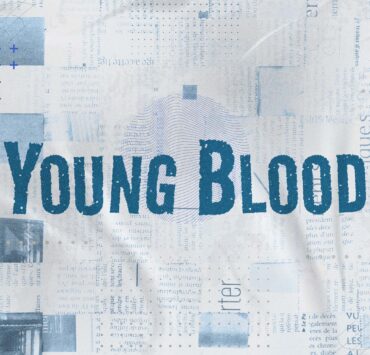Historic progress in early childhood education

The recent move to establish child development centers (CDCs) across 328 low-income local government units (LGUs) marks an important move in early childhood care and development (ECCD) programs in the country. This initiative between the Department of Budget and Management (DBM) and the Department of Education (DepEd) is a step closer to enhancing early childhood education, an essential foundation for education.
Despite the critical importance of ECCD in nurturing cognitive development, emotional resilience, and essential social skills, current participation levels are dishearteningly low. This, despite many laws passed since the 1990s that aim to enhance access to early childhood education. According to findings from the Second Congressional Commission on Education (EdCom II), only 21 percent of children aged 3 to 4 are currently enrolled in early childhood programs. These are most noticeable in economically disadvantaged areas, where resources are scarce and educational facilities are often insufficient.
On March 4, 2025, we presented these findings to President Marcos and members of his Cabinet. DepEd Secretary Sonny Angara and DBM Secretary Amenah Pangandaman swiftly moved to address this inequity, by allocating P1 billion this year to build more than 300 CDCs in the lowest income barangays. Within the year, we hope that these CDCs could expand access to ECCD in our most marginalized communities and serve as hubs for government support in education and nutrition. We hope that they’d also serve as a venue for the community to come together—from parents to siblings, grandparents, and even kasambahays— to learn how we could take care of our children better.
This historic milestone coincides with other decisive wins for ECCD this year: under the Tesda budget for example, P80 million has been allocated for scholarships for 3,000 child development/daycare workers in ECCD. The House and the Senate have also ratified a bicameral version of the bill, championed by EdCom co-chairs, Sen. Win Gatchalian and Cong. Roman Romulo, to amend the Early Years Act (Republic Act No. 10410). It’s another major step forward in addressing the systemic challenges the sector has faced since 2013. By requiring LGUs to actively implement and monitor ECCD programs, the legislation ensures that these initiatives are not temporary projects but become sustainable, long-term solutions that adapt and evolve according to the needs of the children they serve.
As EdCom II’s year two report “Fixing the Foundations” puts it, amidst the many daunting challenges faced by our education system, we need to prioritize. The first step is recognizing that ECCD is a fundamental component that supports learning. By ensuring that ECCD is available to our children, we are securing the most critical phase in a child’s cognitive, physical, and emotional development. Indeed, we cannot solve 30-year-long problems overnight, but we can take critical steps forward, as what the President has done in supporting this landmark initiative.
There is a time for everything. As we face the long journey of reforming our education system, there will be times of despair and of perseverance, but also time for gratitude. For these critical wins in early childhood care and development, we must pause and celebrate because we are one step closer to advancing education opportunities for our children, and to strategically addressing our learning crisis.
—————
Dr. Karol Mark Yee is the executive director of the Second Congressional Commission on Education (EdCom II).

















